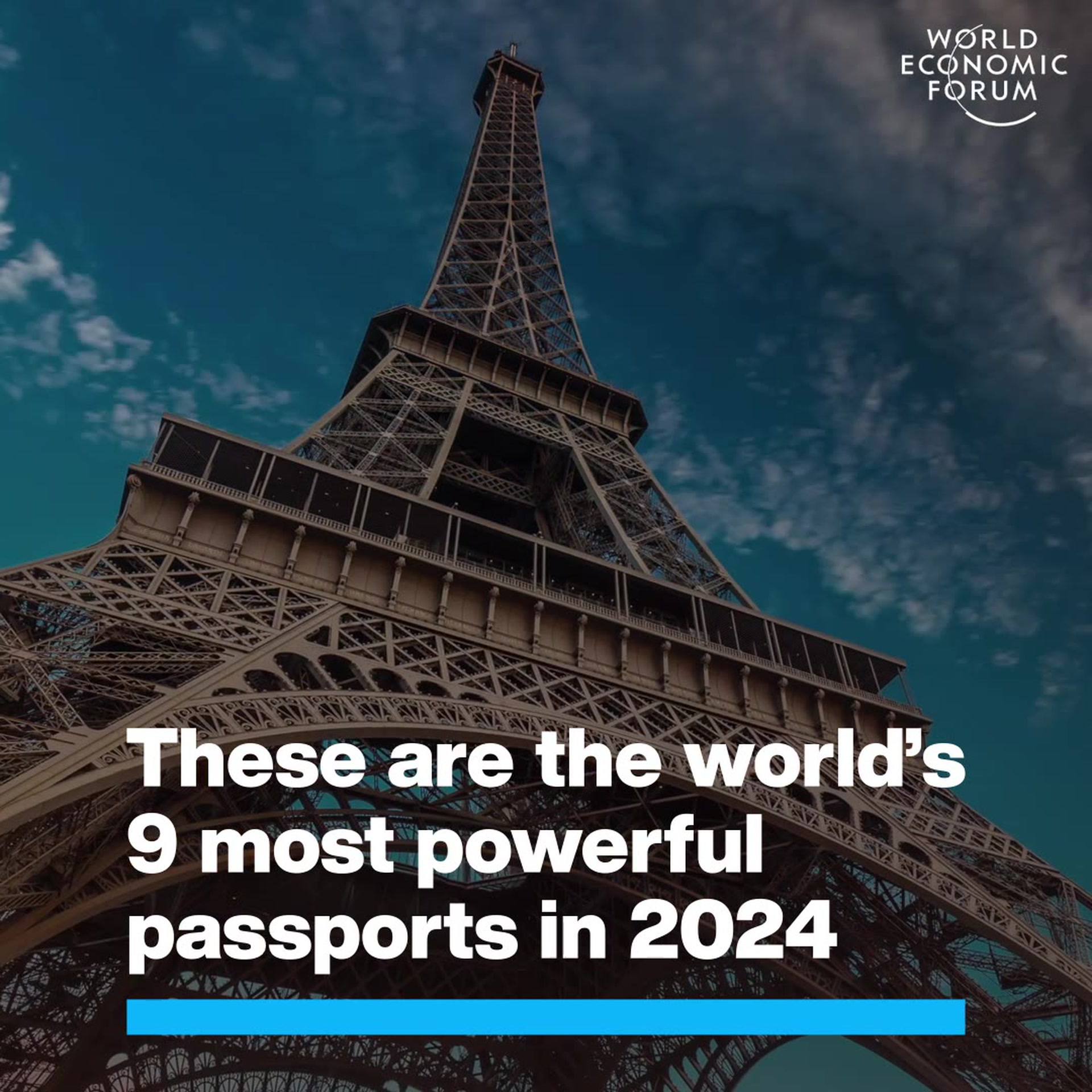Meet the world’s first zero-emission, hydrogen-powered aeroplane engine

Could the future of commercial aviation be hydrogen-powered? Image: Unsplash/Sangga Rima Roman Selia

Get involved with our crowdsourced digital platform to deliver impact at scale
Stay up to date:
Travel and Tourism
- The aviation sector is investing in green technology.
- A global effort is underway with international airlines pouring millions into innovation being developed by green tech pioneers.
- One start-up, ZeroAvia, is among the latest cohort of World Economic Forum Tech Pioneers.
The aviation sector is facing a double challenge. COVID-19 has cost the airline industry an estimated $370 billion, according to the International Civil Aviation Organization.
Despite the roll-out of COVID-19 vaccines, air travel may not return to 2019 levels until 2024, according to IATA international.

The industry also faces growing pressure to reduce carbon emissions, in line with the international goal of reaching net-zero by 2050, which means it’s looking towards green innovation for its survival.
A new generation of innovators are coming to the fore, including zero-emission aviation specialist, ZeroAvia. It is among the World Economic Forum’s latest cohort of 100 Tech Pioneers.
Towards sustainable aviation
ZeroAvia hopes its hydrogen-electric fuelled powertrain technology will replace conventional engines in commercial planes for aircraft of all sizes. It’s initially targeting an 800km range in 10-20 seat aircraft used for commercial passenger transport, cargo and agriculture.
The company is based in the UK and US, and has already secured experimental certificates for its two prototype aircraft from the Civil Aviation Authority (CAA) and Federal Aviation Administration (FAA) and is on track for commercial operations in 2024.
Instead of fuel, the jets run on green hydrogen and emit water vapours on taking flight.
Adoption of such technology could spell not just zero-emission flights, but also lower fuel and maintenance costs.
Founder and CEO Val Miftaknov says: “We are hoping to become one of the major engine manufacturers for the new sustainable aviation.”
The UK’s national carrier British Airways is part of a collective that has invested $24.3 million in ZeroAvia to achieve its target of net-zero emissions by 2050.
What is the World Economic Forum doing to reduce aviation's carbon footprint?
Another member of the Tech Pioneers cohort is US-based start-up Wright Electric, which has partnered with budget airline EasyJet and business aviation services provider Jetex.
It is working on developing narrowbody aircraft that are powered by interchangeable battery packs and aims to launch a fleet for service by 2030, with a range of around 500km.
The decarbonization challenge
The aviation sector contributes to climate change by accounting for around 2.5% of the globe's carbon dioxide emissions.
But the pandemic saw aviation emissions drop by 48% in comparison to 2019, according to international watchdog Carbon Monitor.
As air travel will ultimately return to pre-COVID levels, the challenge is how to ensure the industry ‘builds back better’.
The World Economic Forum has developed its ‘Clean Skies for Tomorrow Coalition’ as an environmental certification system to verify that the sustainable aviation fuel purchased by corporations is of high quality. It is also working to ensure that reductions in emissions are accurately accounted for.
Meanwhile, world leaders are stepping up on commitments to decarbonize travel. In the communique released at the recent G7 summit in Cornwall, UK, leaders pledged to “focus on accelerating progress on electrification and batteries, hydrogen, carbon capture, usage and storage, zero emission aviation and shipping.”
Green aviation innovators
NASA has been working on electric planes for the past decade. It hopes to phase in electric flights for North Americans within the next 15 years.
United Airlines is also making significant investments in sustainable aviation fuel and aims to reduce greenhouse gas (GHG) emissions 100% by 2050.
It was the first commercial carrier in the US to participate in the Carbon Disclosure Project (CDP) by investing in a modern, fuel-efficient fleet.
With such restructuring underway, the struggling aviation sector is devising strategies to reinvent itself by looking towards a sustainable - for both itself and the planet.
Don't miss any update on this topic
Create a free account and access your personalized content collection with our latest publications and analyses.
License and Republishing
World Economic Forum articles may be republished in accordance with the Creative Commons Attribution-NonCommercial-NoDerivatives 4.0 International Public License, and in accordance with our Terms of Use.
The views expressed in this article are those of the author alone and not the World Economic Forum.
The Agenda Weekly
A weekly update of the most important issues driving the global agenda
You can unsubscribe at any time using the link in our emails. For more details, review our privacy policy.
More on Travel and TourismSee all
Naoko Tochibayashi and Naoko Kutty
March 28, 2024
Abeer Al Akel and Maimunah Mohd Sharif
February 15, 2024
Priya Singh
February 8, 2024
Thea de Gallier
January 31, 2024






